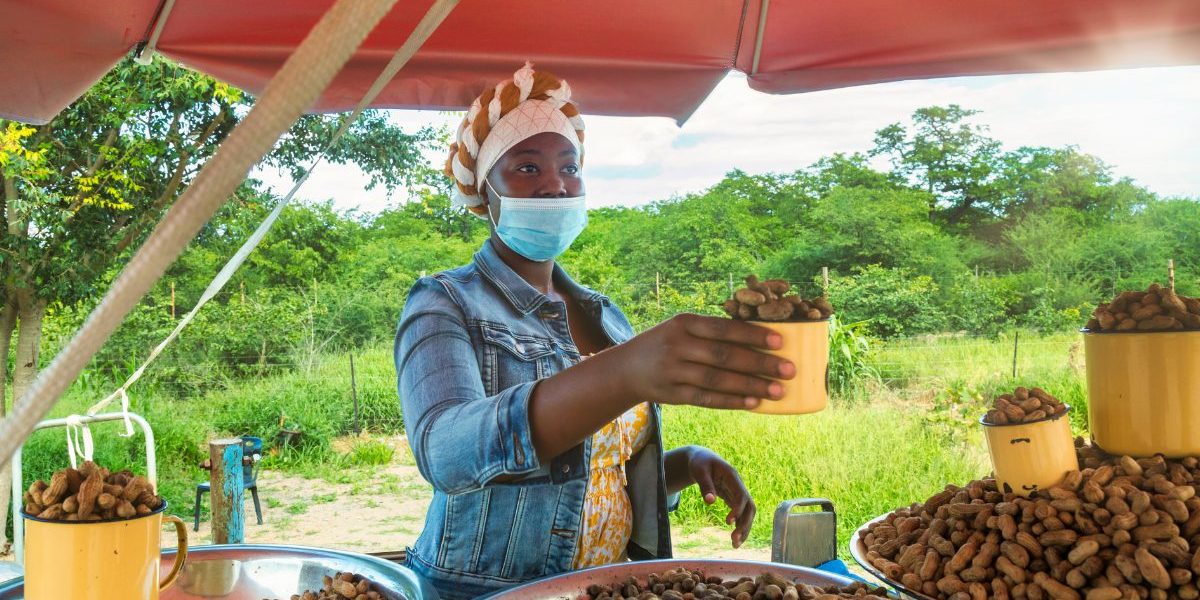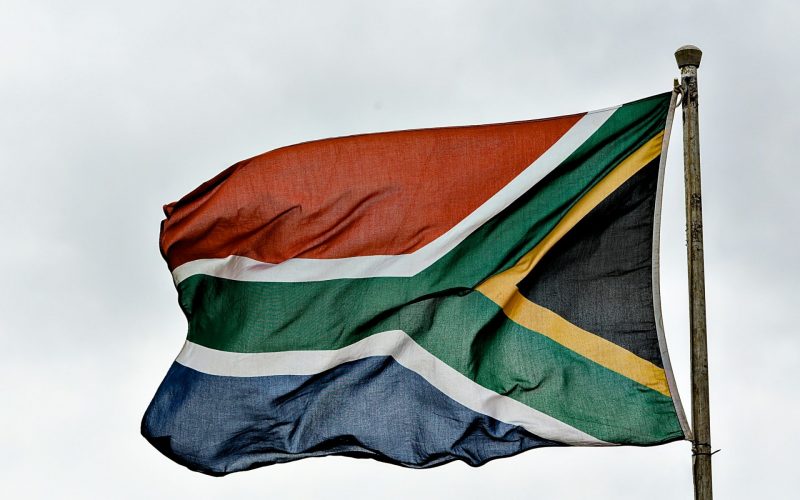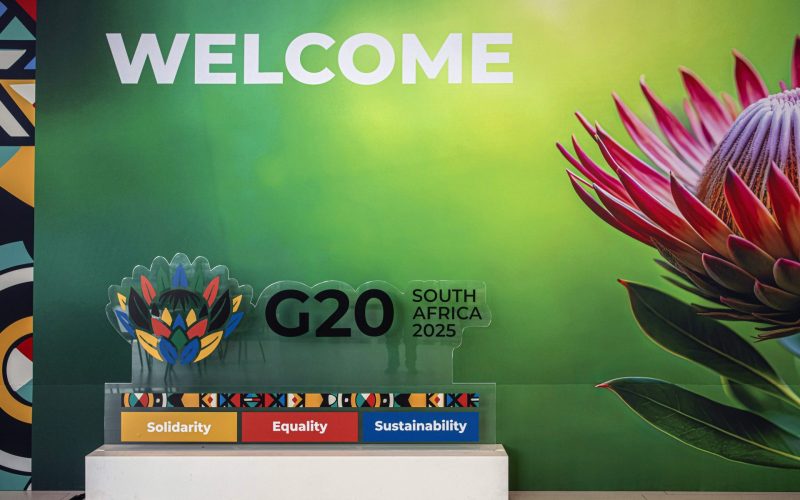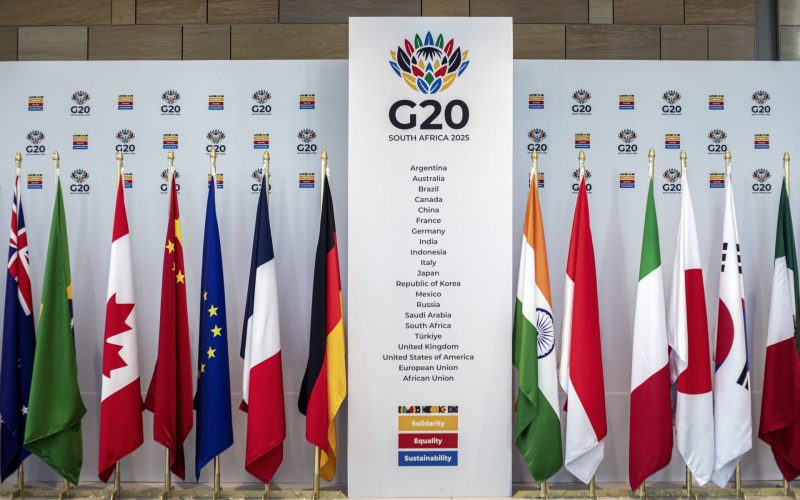Summary:
- Socioeconomic vulnerability to COVID-19 and the stringency of the containment measures adopted have determined the extent to which countries have experienced welfare losses due to the pandemic.
- It is imperative for policymakers to capture the different dimensions of countries’ socioeconomic vulnerability so as to design policies that will minimise welfare losses during pandemics.
- Vulnerability has various dimensions, from macroeconomic and financial inclusion to social protection and gender inclusivity, which must be considered when formulating responses to exogenous shocks.
- With Africa lagging other regions in terms of both macroeconomic performance and socioeconomic development, its people continue to bear the brunt of welfare losses from shocks like the COVID-19 pandemic.
- African policymakers need to introduce measures to enhance their countries’ macroeconomic performance, while focusing in particular on gender and inclusion.
- Policy responses to pandemics need to fit countries’ domestic circumstances and not simply follow the ‘one-size-fits-all’ approach adopted by many countries at the peak of COVID-19.







